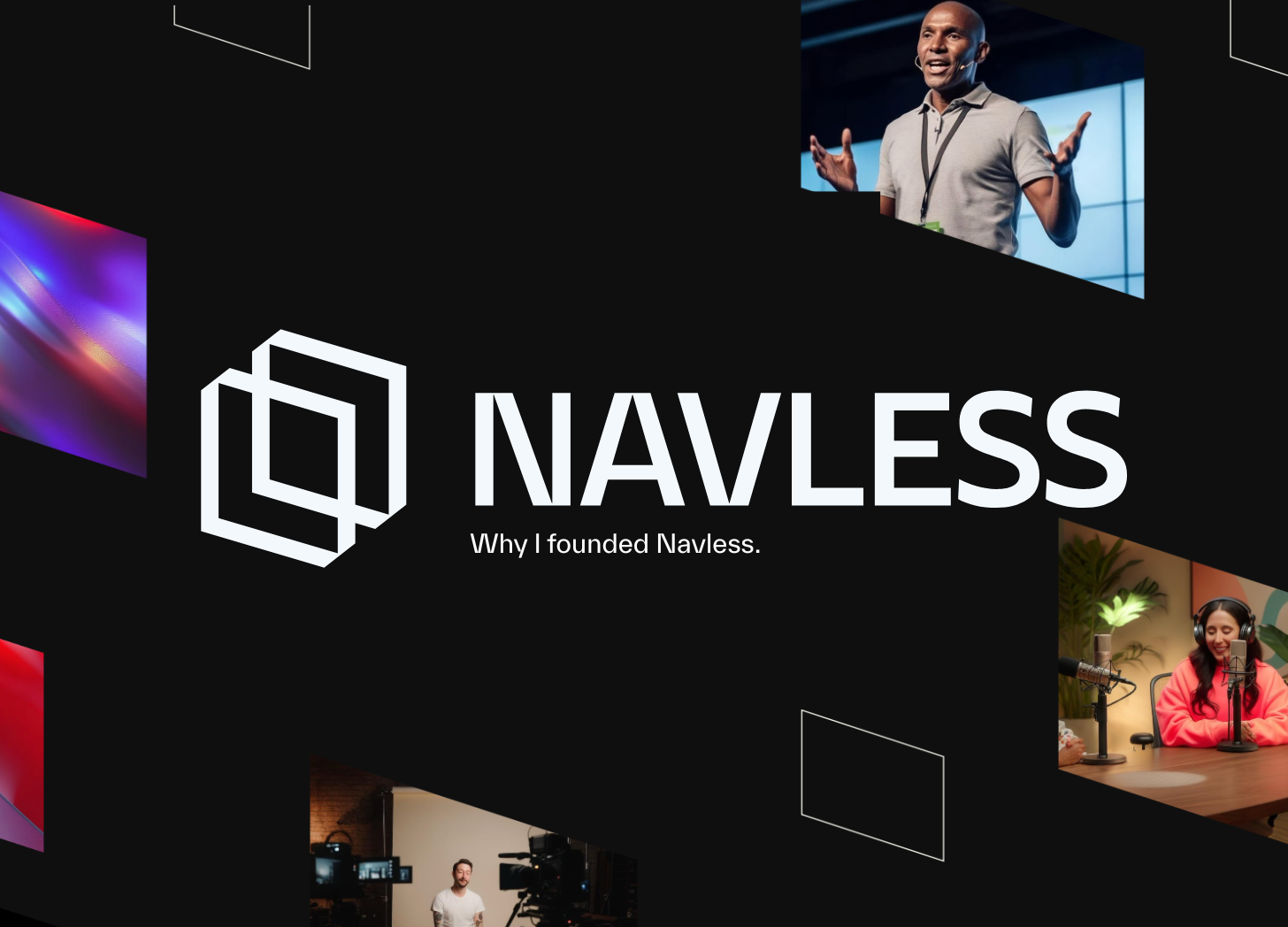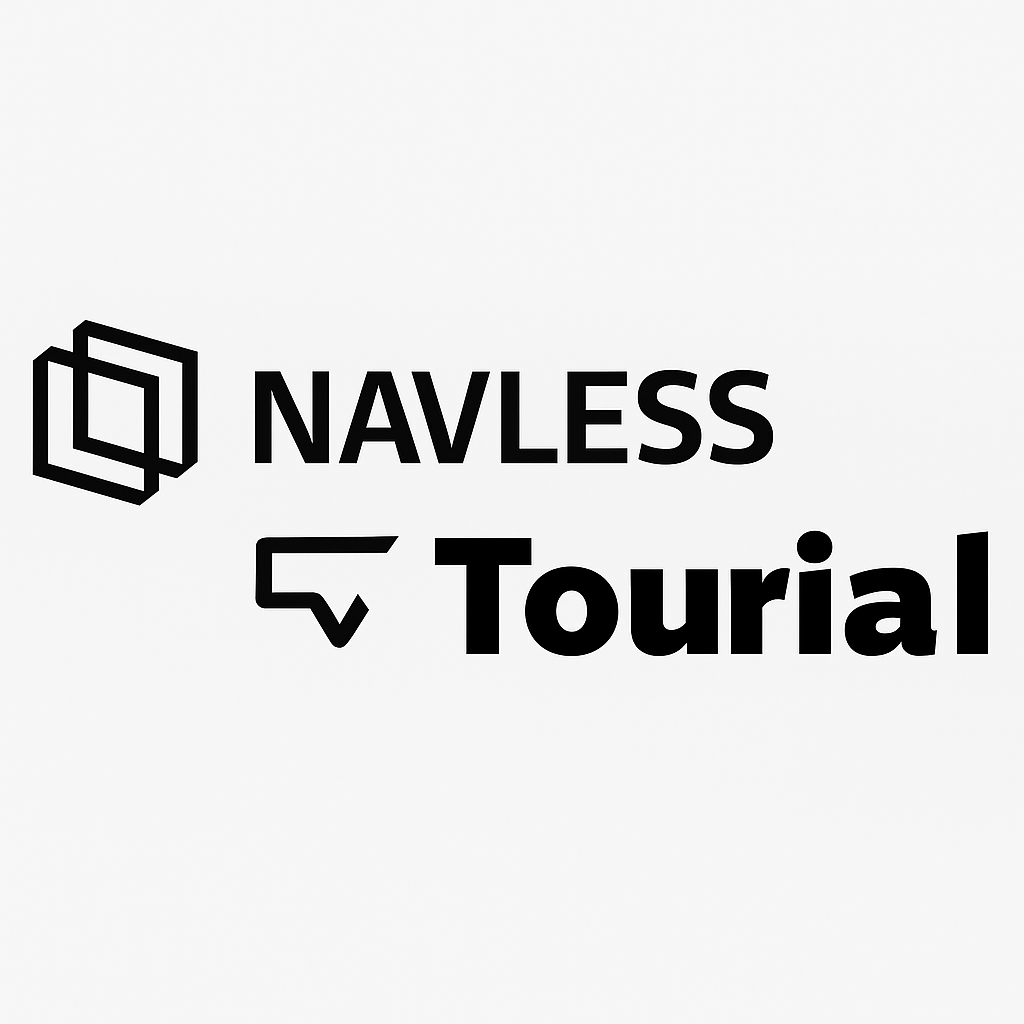In the ever-expanding landscape of software solutions, the role of account executive and software solutions engineers is demanding, to say the least.
These professionals are responsible for not just selling, but more importantly ensuring that buyers fully understand its value and capabilities.
However, a common challenge they face is dealing with buyers who are not educated on the basics about category or product, resulting in valuable time being wasted.
Companies are increasingly looking for ways to bridge this knowledge gap while reducing the need for more live demos.
The Problem: Account Executives & Solutions Engineers are wasting time on “tire kickers”
Software solutions engineers and account executives are a critical link between the product and the customer. They possess in-depth knowledge of the software and its potential benefits.
Especially for Solutions Engineers who are the “product experts” within the go-to-market organization.
However, when they’re bogged down with endless demos, “tire kicker” buyers who aren’t well-informed or ready to evaluate, it hampers their ability to focus on higher qualified buyers and the most important opportunities.
And solutions engineers are not responsible for inital market awareness and brand education. And these types of questions can almost always be answered via self-serve content.
With Solutions Engineers making an average of $110k - $178k per year per Glassdoor those are some expensive demos to waste!
So, what’s the answer?
Demo Centers as the Sales Moat
While sales teams are jumping on more calls - this is at odds with another major trend in the market: Buyers are spending more and more time evaluating vendors by themselves.
As go-to-market teams continue to unify the marketing and sales functions, Demo Centers are a great way to build a "sales moat", or protective barrier that shields your sales team from less qualified leads/demos that simply want to educate vs evaluate.
Demo Centers are precisely that — a centralized place that enables buyers to explore your software on their terms and decide if they are ready for a deeper conversation and evaluation.
Some companies, like Pendo, have built out simple Demo Centers, which are closer to a “resource hub”. There are 4 critical components you’ll want to consider if you choose to invest in a Demo center.
1. Content that fits their needs
Whether it’s an interactive tour, video, or even a PDF, Demo Centers can offer interactive, hands-on experiences for potential buyers. Users can navigate through the content at their own pace, exploring features and functionalities that are relevant to their needs. This self-guided approach empowers buyers to delve deeper into the product and gain a better understanding of its capabilities without the need for constant hand-holding from sales engineers.
2. Personalization and Relevancy
To truly educate buyers, personalization and relevancy is key. Demo Centers are most effective when they provide the end user the ability to quickly find the content they need.
The best Demo Centers offer personalized discovery paths that cater to the interests and pain points of each potential buyer. By tailoring the demo experience, you ensure that buyers receive the information they need most, making their learning journey more efficient and meaningful.
3. Collaboration and Knowledge Sharing
In many B2B buying scenarios, multiple stakeholders are involved in the decision-making process. And this starts way earlier than when they first talk to the sales team.
Demo Centers can enable buyers to share their customized demos with other team members, allowing for a more comprehensive understanding of the software's value proposition. This collaborative aspect helps buyers build consensus internally, expediting the sales process.
4. Communication & Conversion
As with all marketing initiatives, it’s critical to have a straightforward next step. With Demo Centers, make it easy for buyers to ask questions if they choose (with no strings attached) or schedule a demo or sign up for a free trial on the spot.
Conclusion: Demo Centers help your entire go-to-market organization
Creating a sales moat with Demo Centers is a strategic investment that benefits your entire go-to-market organization.
- Your marketing team provides a better visitor experience — leading to higher engagement and conversion rates
- Your sales team spends less time with unqualified leads and opportunities
By empowering buyers to self-educate with Demo Centers, you're not only bridging the education gap but also optimizing your sales resources.
It's a win-win situation that positions your company as a leader in buyer-centric sales practices while protecting your team's time and driving revenue growth.
You can learn more about how we're approaching Demo Centers at Tourial in this article.










